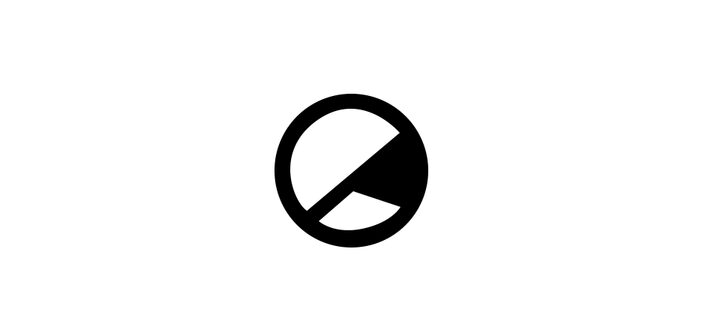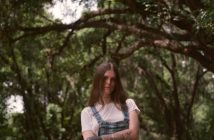It’s 23rd January 2006. Plectrum poised alongside strings, drumstick grasped purposefully, Alex Turner’s lips pursed against mic; in a matter of moments the world will be faced with the debut album from the band of a generation: Arctic Monkeys. From the moment the Sheffield boys unleashed their first crackle in the airwaves we were stunned, and that crackle became a ripple that continues to tear across the hearts, minds and ears of so many. Whatever People Say I Am, That’s What I’m Not was an instant storm, and Arctic Monkeys were jolted from being a bunch of Northern unknowns into critically acclaimed indie rock superstars.
Any artist could only dream of a debut album as successful and iconic as Arctic Monkeys’ Whatever People Say I Am, That’s What I’m Not. I would go as far as to say it’s in contention for the best debut album of all time. From the offset we were grappled by the heavy hitting basslines of a plethora of instant classics dripping in swagger and machismo; the likes of ‘Dancing Shoes’ and ‘When The Sun Goes Down’ punctuating the album with a versatility that takes them from danceable party tunes to sinister displays of bravado. In terms of accolades, the album was even more impressive, winning the Barclaycard Mercury Prize and the BRIT Award for Best British Album, and was the biggest selling British debut album in history.
If that wasn’t enough, Alex Turner (lead vocals), Matt Helders (drums), Jamie Cook (guitar) and Nick O’Malley (bass) were firmly set on defeating the second album syndrome, successfully doing so with Favourite Worst Nightmare. Much like the band’s debut, this album has a timeless quality, in songs such as ‘Teddy Picker’ and ‘Fluorescent Adolescent’, with Turner keeping a keen eye on the trials and tribulations youths growing up in Sheffield. To keep a long story short, Arctic Monkeys have, as of yet, released five albums, four of which can and should be classed as modern classics (Humbug being the only one to fall short of their self-fashioned expectations). Their latest, AM, penetrating everyone’s radios and devices, presumably without a single complaint.
If W.B. Yeats or Oscar Wilde were born in modern day Sheffield, they’d go by the name Alex Turner. The Arctic Monkeys’ frontman is a lyricist so sophisticated and consistently poignant that he is unparalleled in the current day. From the intimate observations of youthful fracas and nightlife of the band’s early work, to the maturing introspectiveness of 2013’s AM, Arctic Monkeys are one of very few bands who have perfected the balance between artistic growth and loyalty to their indie rock heritage.
The band have earned their unquestionable title of the embodiment of all that is good about indie rock. A bad Arctic Monkeys song is rarer than a can of dandelion and burdock, and with the anticipation up in the rafters for the band’s imminent sixth studio album after their excruciatingly long hiatus, it is hard to imagine whether there is currently a better band on this planet.
Arctic Monkeys are expected to release their new album this year, after announcing their European festival dates.




